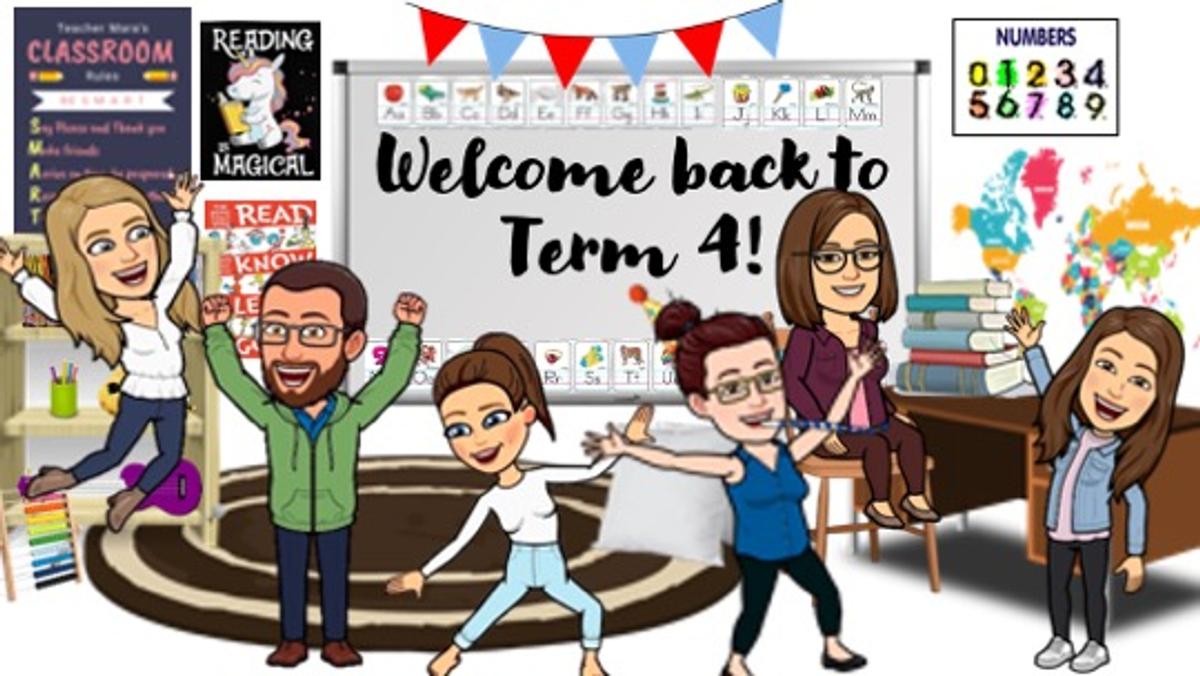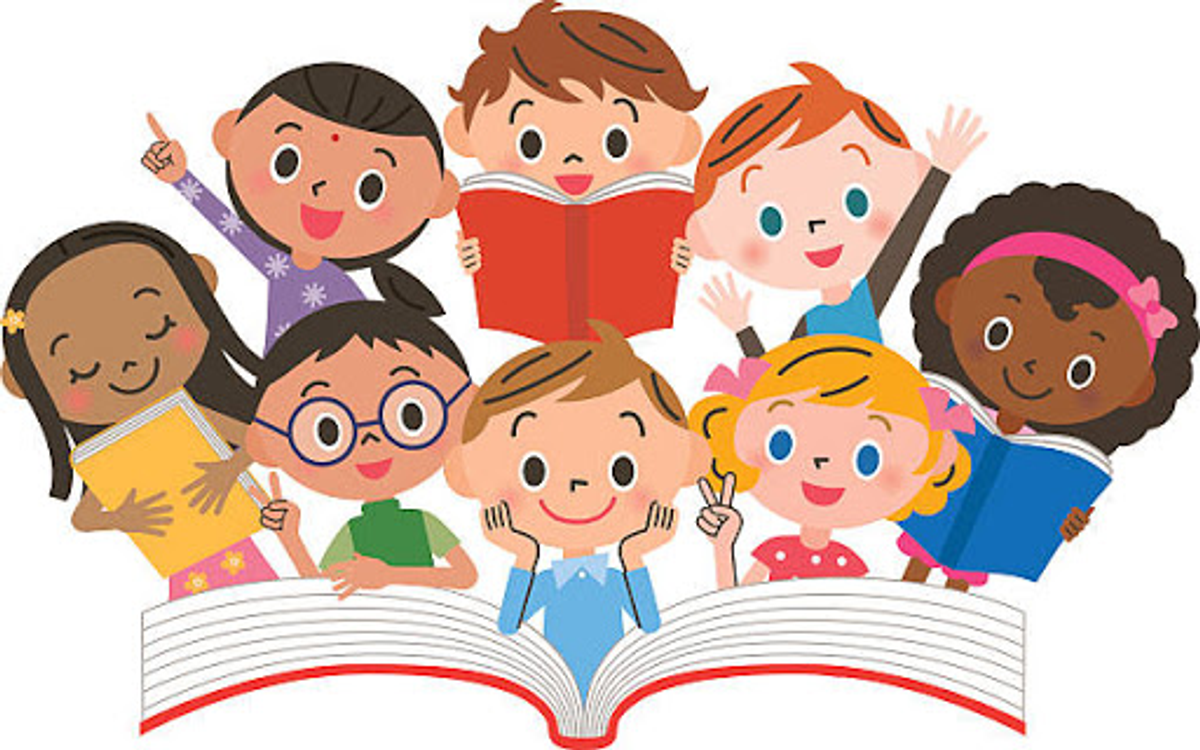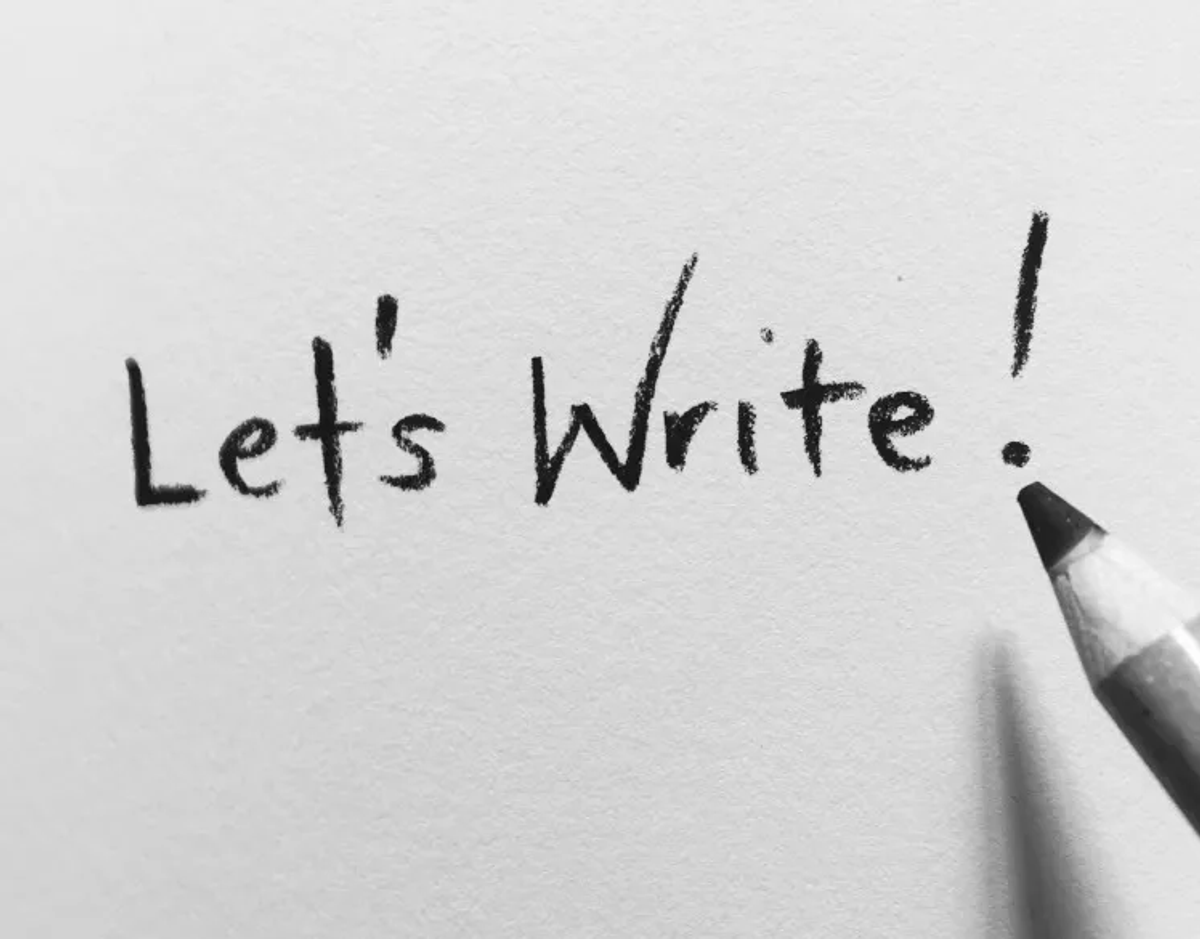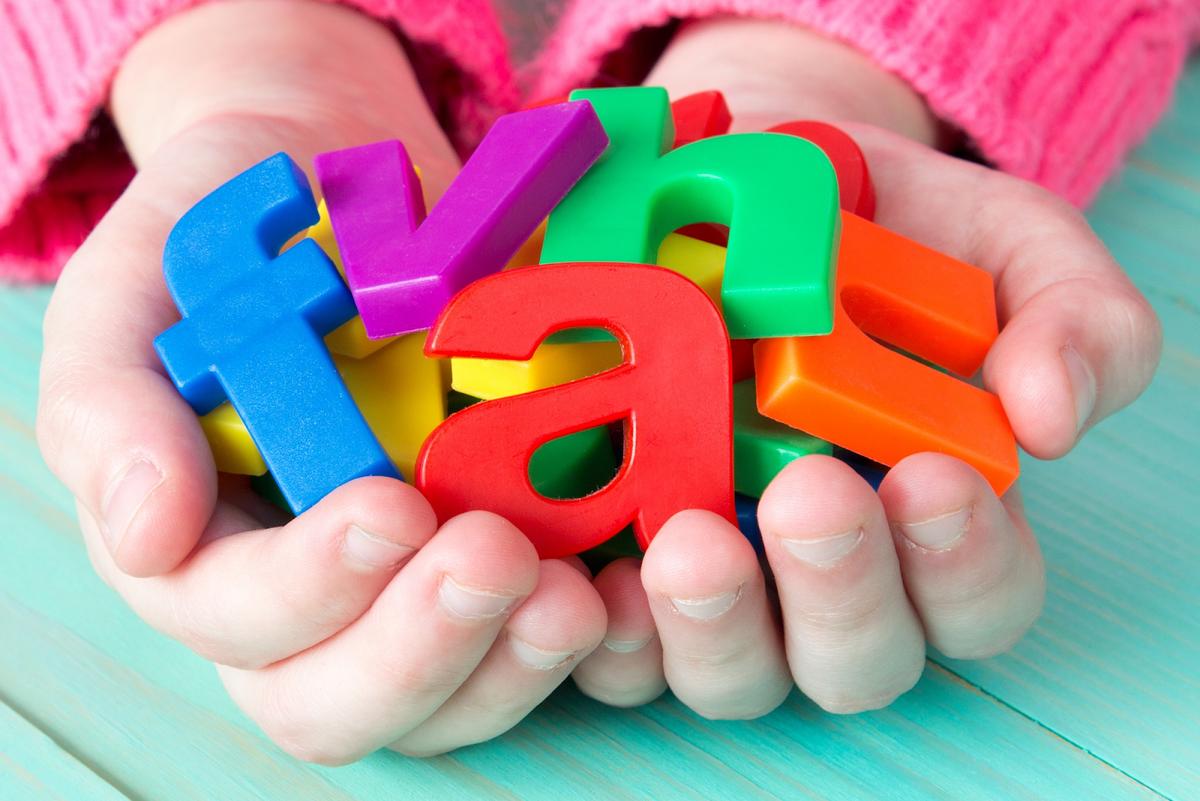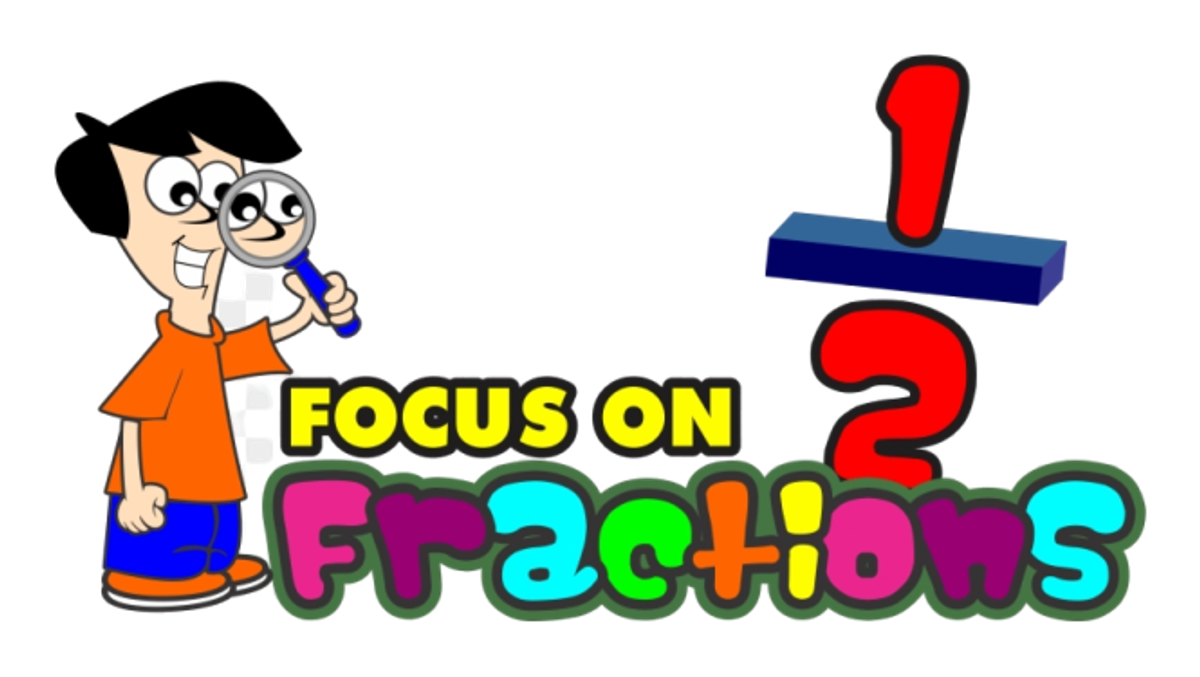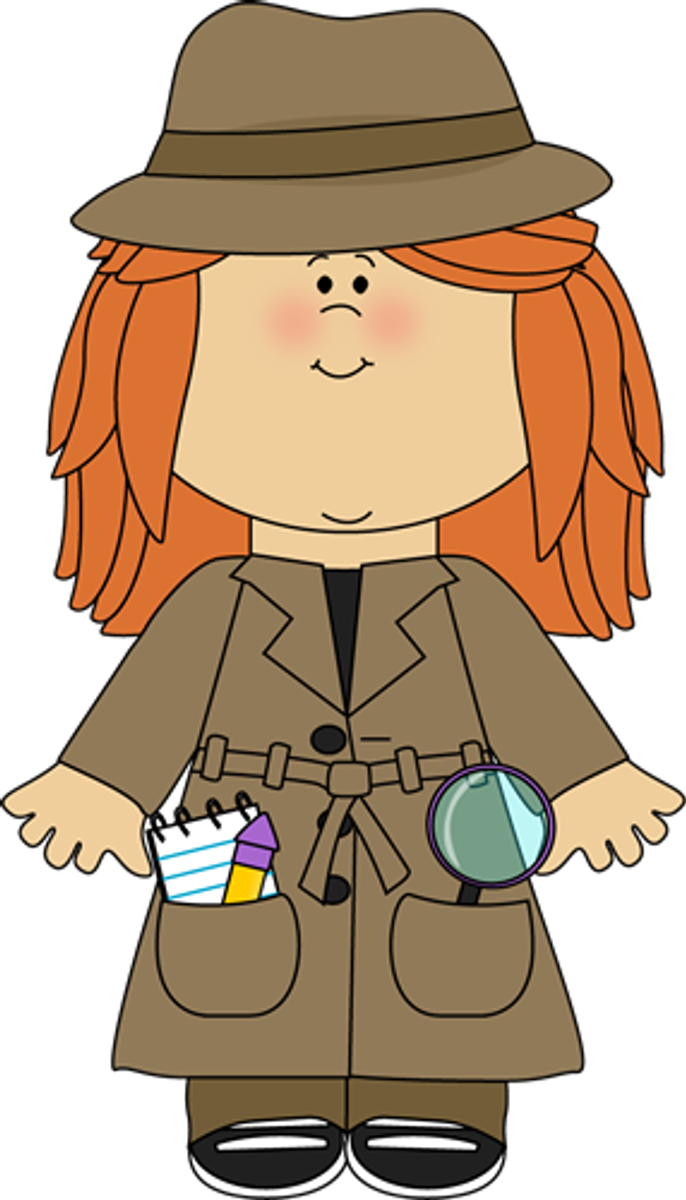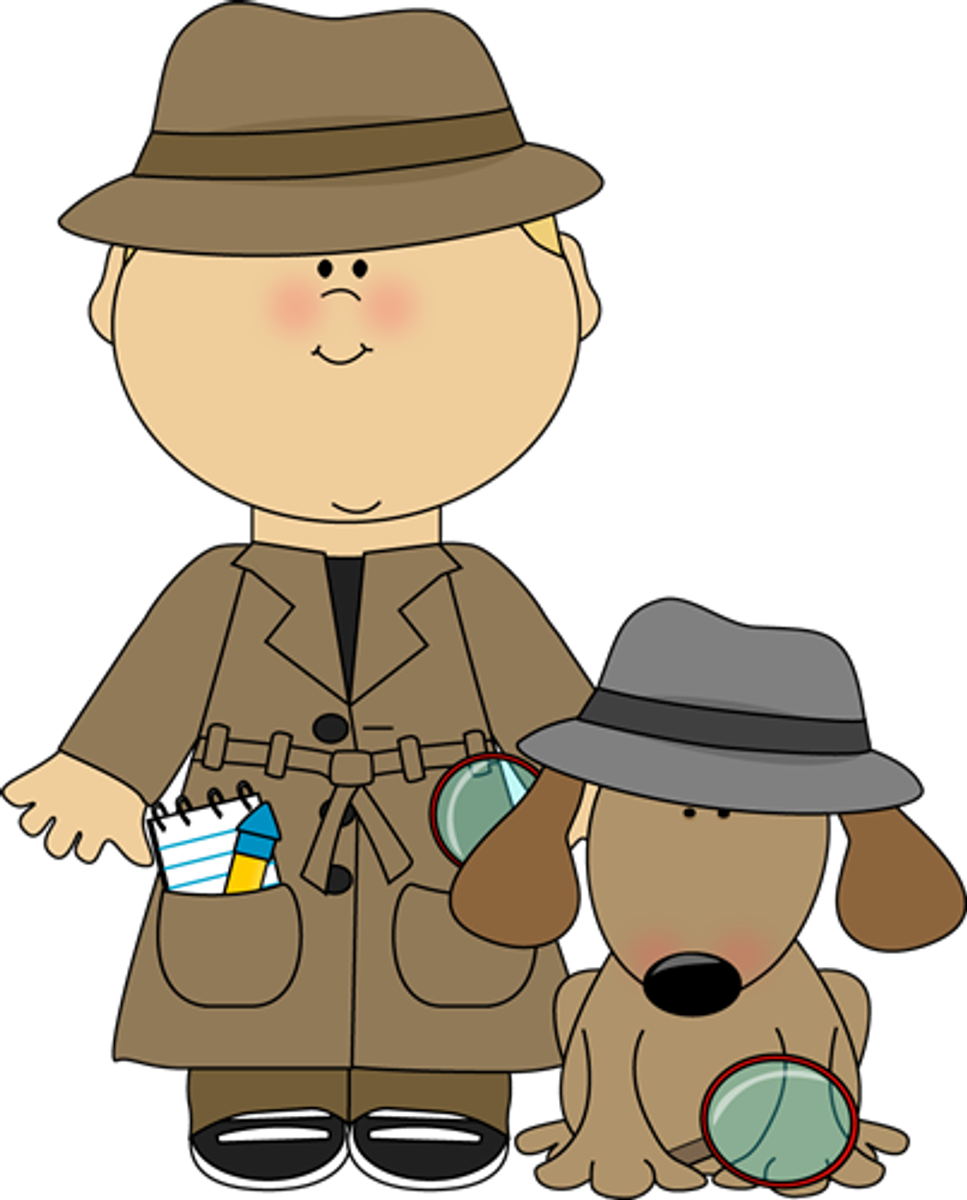Level 2
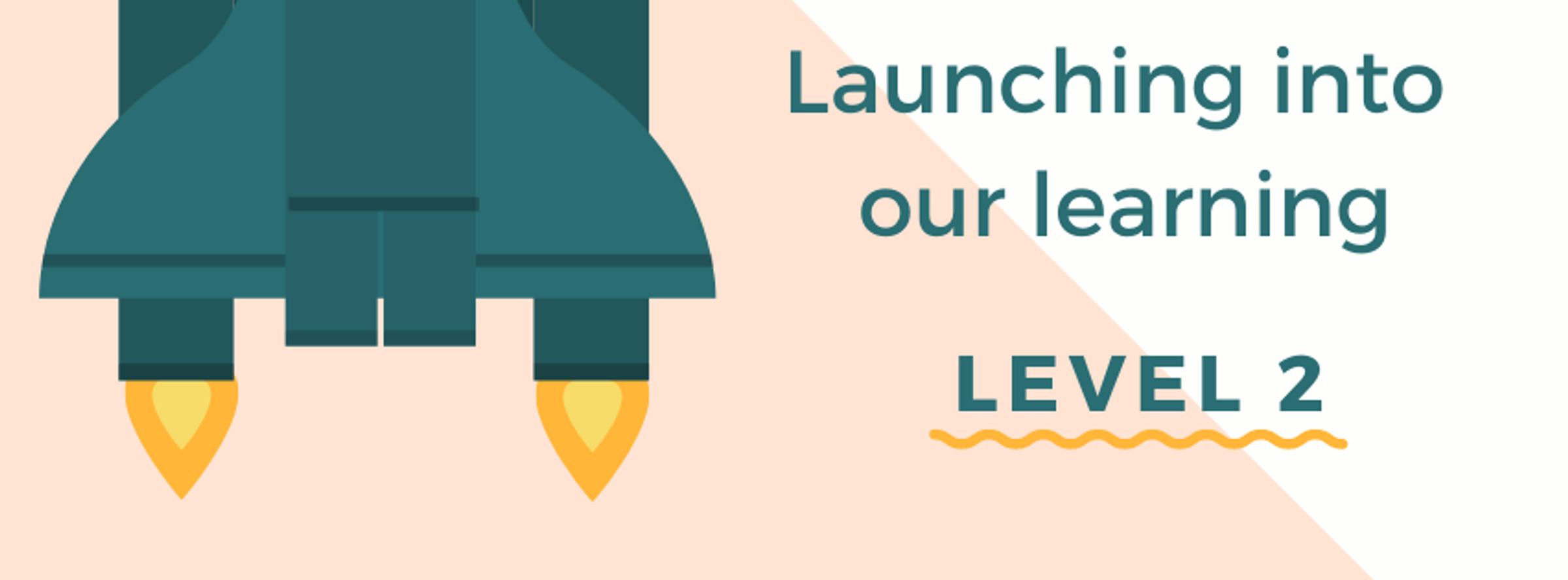
Welcome to Term 4 !
Literacy
Reading
In Reading for Term 4 we are focusing on a range of different comprehension strategies: summarising, cause and effect and author’s purpose.
When summarising, we are looking for the key elements from texts and rewriting these key points to demonstrate our understanding. During our focus on cause and effect, we are identifying events from the texts and what caused these events to occur. When focusing on the author's purpose we are determining whether a piece of text is designed to persuade, inform or entertain the reader. These strategies are all designed to strengthen students' comprehension abilities.
- How do we find important information and summarise this in our own words?
- How can our choices impact events in our lives?
- Why do author’s write for a different purpose?
Writing
Throughout this term students are focusing on information reports and poetry. They are encouraged to develop simple researching skills and then use this information and knowledge to create reports using their own words on their chosen topic. Students will enhance their vocabulary by becoming experts with the use of topic specific and technical language to enhance their writing. In our poetry unit, students will engage in opportunities to express themselves through the use of rhyme, rhythm and combine their ideas using simple and compound sentences.
- What do we as authors need to include in information reports to engage our audience?
- How do we find key information and how do we organise this information in our writing?
- What is rhyme and rhythm and how can we use this to express our ideas?
Spelling
This term we will continue to follow our Jolly Phonics program, students will develop an understanding of various phonemes including silent letters ‘H’ and ‘C’ and alternative ‘or’, ‘air’ and ‘sh’ graphemes. Our grammar focus is on tenses, conjunctions, plurals, prefixes and apostrophes.
- How can we apply these rules and knowledge to our everyday writing?
Maths
This term in Maths we will be focusing on the concept of fractions as being an equal part of a whole object or collection. Students will make connections between division and fractions by dividing collections and shapes into halves, quarters and eighths including other simple fractions. Students will compare and order fractions identifying them as larger and smaller. They will be encouraged to identify and explore simple equivalent fractions. We will be exploring concepts of time where students will develop an understanding of time to the quarter hour, using language of ‘past’ and ‘to’. Students will continue to develop their understanding of volume, capacity and mass by ordering and comparing different shapes and objects. We will continue to explore the language of chance to explore the likelihood of events occurring and conducting simple chance experiments. Students will be encouraged to identify questions, gather data, classify and analyse data using lists, tables and simple graphs.
- What are fractions?
- Where and who uses fractions?
- When do we use fractions in the real word?
- How are fractions and division similar? How are they different?
- How do we use time in our everyday life?
- How can we use digital and analogue clocks to tell the time?
- How can we describe the likelihood of something occurring?
- What can we find out by conducting simple chance experiments?
- How can we use, interpret and analyse data using lists, tables and graphs?
Inquiry
Level 2 students are learning about Chemical Science in Term 4. Students will explore concepts around how materials can be changed or combined with other materials for different purposes. Students will explore materials and their properties and the concepts of mixing, stretching, bending, twisting, heating and cooling. They will be encouraged to compare what happens to different materials and their properties when changed or combined. Students will explore natural and manmade materials and rank them based on how common they are. They will also investigate whether these changes can be reversed or are irreversible.
These are the level essential questions students will engage in throughout the ‘Change Detectives’ unit
- What are different materials used for around the world?
- Why are certain materials used for certain objects?
- What are the desired properties of the materials?
- What is the purpose of the object and how does that impact the materials?
- How do materials react to force?
- How do materials react to temperature?
- How else can we change materials?
What you can do at home
- Read 3-4 times a week with your child
- Cook, play word and number games, art and crafts, ball games, activities outdoors
- Discuss and share the positives about each day
- Enjoy wellbeing activities together as a family
Important dates
Friday 23rd October - Public holiday (Grand Final)
Tuesday 3rd November - Public Holiday (Melbourne Cup)
Friday 27th November - Curriculum Day
Friday 18th December - Last Day of school (1:30pm dismissal)
